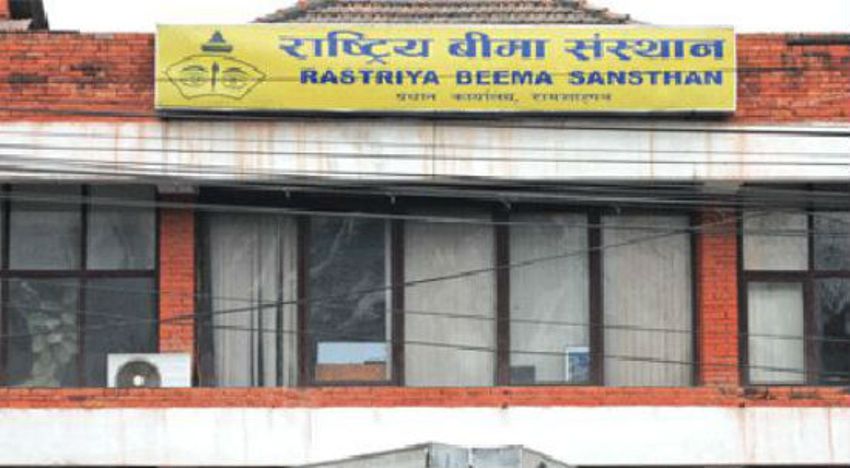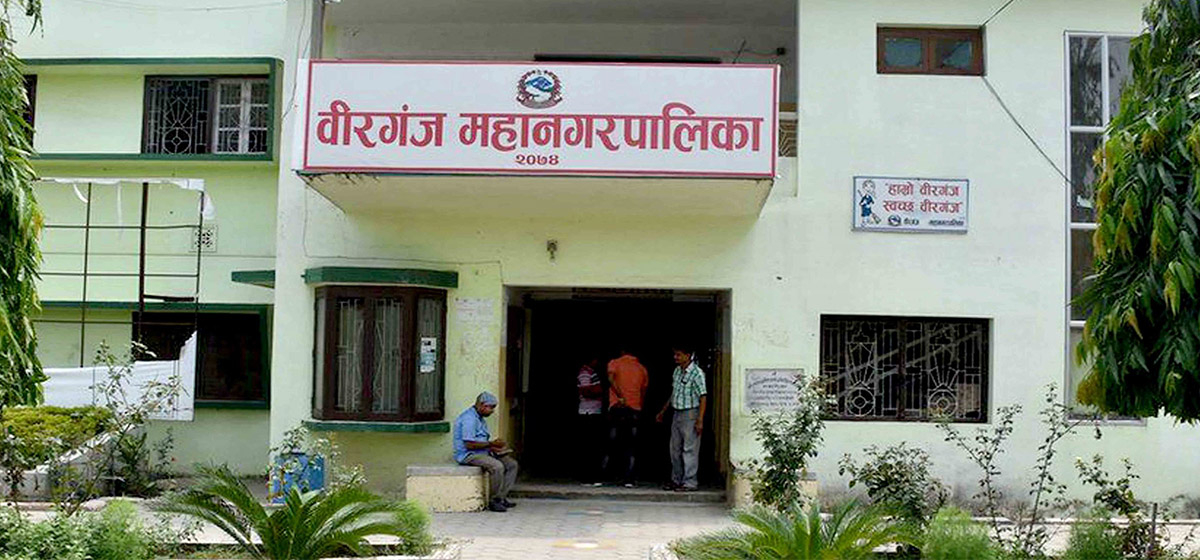
OR
#Editorial
Make Public Enterprises Accountable
Published On: February 2, 2023 08:31 AM NPT By: Republica | @RepublicaNepal

Finance Minister Bishnu Prasad Poudel on Monday directed Rastriya Beema Sansthan (RBS) and Rastriya Beema Company (RBC) to complete their pending financial audit of the past several years in the next three months. These state-run enterprises have been found defying the laws enforced by the government. Private sector companies would be penalized for such a breach of the rule. The purpose of a financial audit is to assure that financial statements are presented accurately and in conformity with generally accepted accounting principles. It also shows the financial health of an organization while paving a way to make correct and timely decisions for future planning. Financial audit is an indispensable tool even for public sector institutions because it helps ensure accountability of the executive body on the utilization of public resources responsibly. Being government-run entities, the public enterprises are responsible to set a good precedent for private sector companies as well. However, sadly, this is not the case. This is not the first time that the RBS and RBC have ignored financial audits. In over a decade, it was just in September 2021 that these entities completed the audit of decade-long financial transactions from the fiscal year 2009/10 to 2012/13. These insurers had been showing the pretexts of losing the records of the financial transactions behind their inability to conduct the audits on time.
Nepal Insurance Authority, the regulator of the country’s insurance businesses, time and again, talks about carrying out risk-based supervision of the insurers by asking them to submit their annual financial reports on time. The regulatory body has enforced a rule that any insurer that fails to submit quarterly reports will face action. In the case of the state-run insurers, it is not the issue of a delayed report of just one quarter, but it is a matter of decade long apathy. These public enterprises have also ignored the directives and orders issued time and again by the Office of the Auditor General (OAG), a constitutional body and the supreme audit institution of the country. According to the Audit Act, the business entities have to provide financial details to the auditor appointed by the OAG for the audit. The OAG’s 59th annual report, unveiled in May 2022, shows that only 16 out of 42 operating public enterprises completed their financial audits as of the fiscal year 2022/23. Of them, Food Management and Trade Company has failed to conduct audits of the past three years, RBC and Bishal Bazaar Company Limited have not completed their audits for the past five years and RBS is yet to prepare the financial assessment of the past nine years. The OAG has mentioned that no action has ever been taken against these institutions and the executives concerned who defy the state’s law time and again. Giving a deadline of five months, the OAG in September 2018, had even issued a direct order to these public entities to complete their financial audits. But the public enterprises trashed the order of the constitutional organ!
RBS’s paid-up capital is currently Rs 266.63 million, which is Rs 2.23 billion less than the regulator-defined new paid-up of Rs 2.5 billion for non-life insurers. The government has 47 percent shares, the Employees’ Provident Fund 19 percent, Nepal Bank 11 percent and the rest is held by the general public. Similarly, RBS’s paid-up capital is only Rs 181 million, which is Rs 4.81 billion less than the threshold of Rs 5 billion that the regulator has targeted to enforce in the next few months. Nepal Rastra Bank holds a 55 percent share, Nepal Bank Limited 30 percent and the government holds the remaining stake in the life-insurance unit. Annually, these insurers collect a net premium amount worth billions of rupees from their clients. Despite having the grand portfolios, the state-owned corporations assume almost no responsibility toward the general public. They should internalize in practice the principle of accountability, independence, integrity, transparency and professionalism by conducting their financial audits on time, if good governance is to be instilled in these public institutions.
You May Like This

A lot to do for parliament this time
The parliament’s winter session, which is also taken as the bills session, has commenced on Wednesday. The first meeting of... Read More...

Rebuild three iconic heritage sites in Kathmandu ASAP
More than three years have passed since the April 2015 earthquake destroyed many of Kathmandu’s heritage sites. Places like Gaddhi... Read More...

Summit is over, think of Valley residents
The fourth Bay of Bengal Initiative for Multi-Sectoral Technical and Economic Cooperation (BIMSTEC) summit has concluded successfully, so far as... Read More...
Just In
- KMC to organize a month-long skill fair from May 1
- Birgunj Metropolis collects over Rs 360 million in revenue
- NEPSE plunges below 2,000 points after one and a half months; daily turnover declines to Rs 2.10 billion
- AI Index Report-2024: AI still behind humans on complex tasks like competition-level mathematics
- Daiji-Jogbudha road construction at snail’s pace
- Govt fails to adopt podway technology despite its potential in Nepal
- Jhulaghat border crossing in Baitadi to remain closed from this evening
- Universities will be free from partisan interests: Education Minister


















Leave A Comment